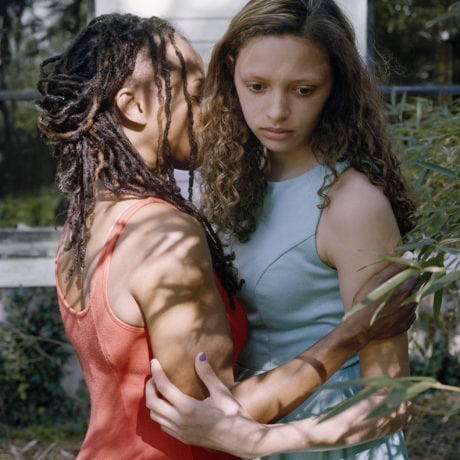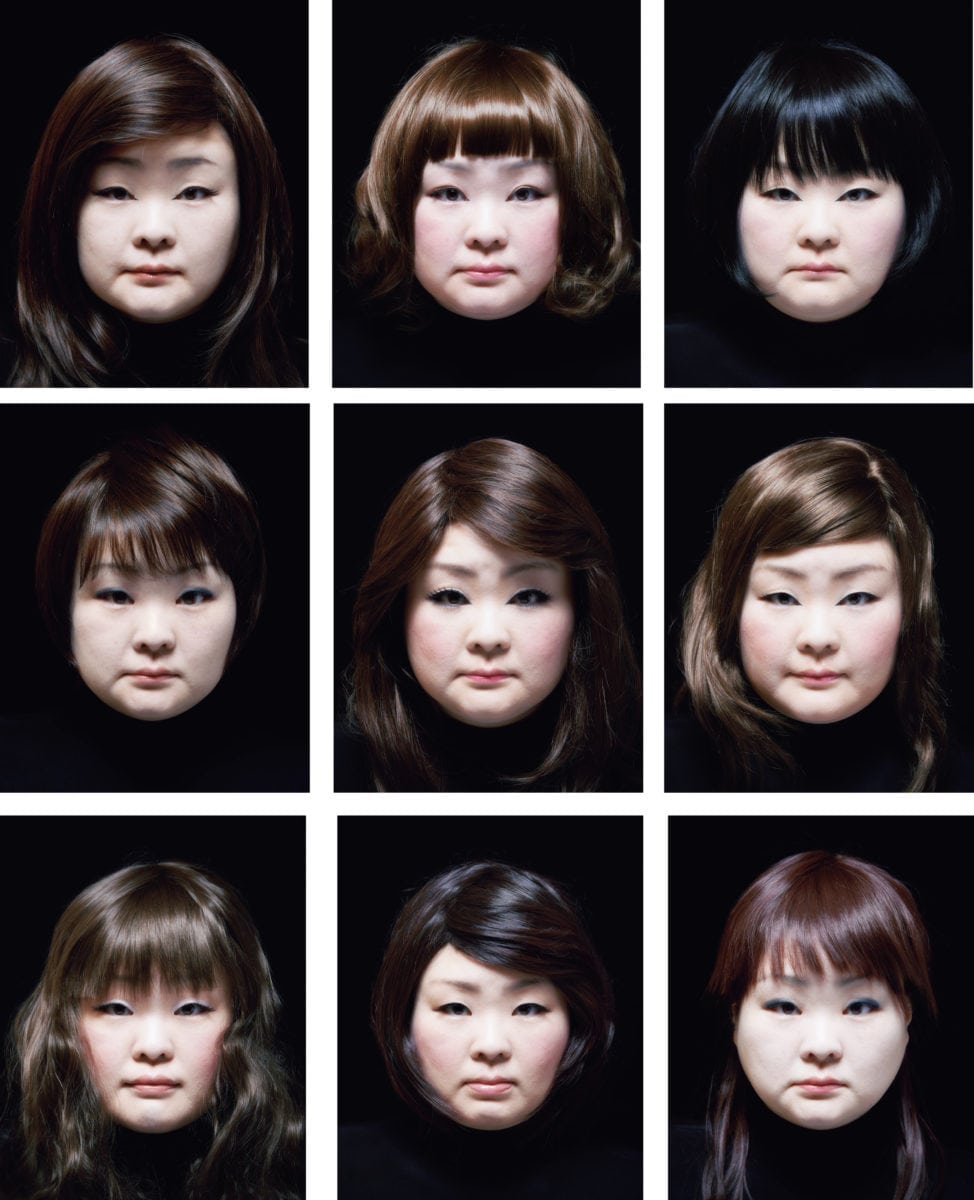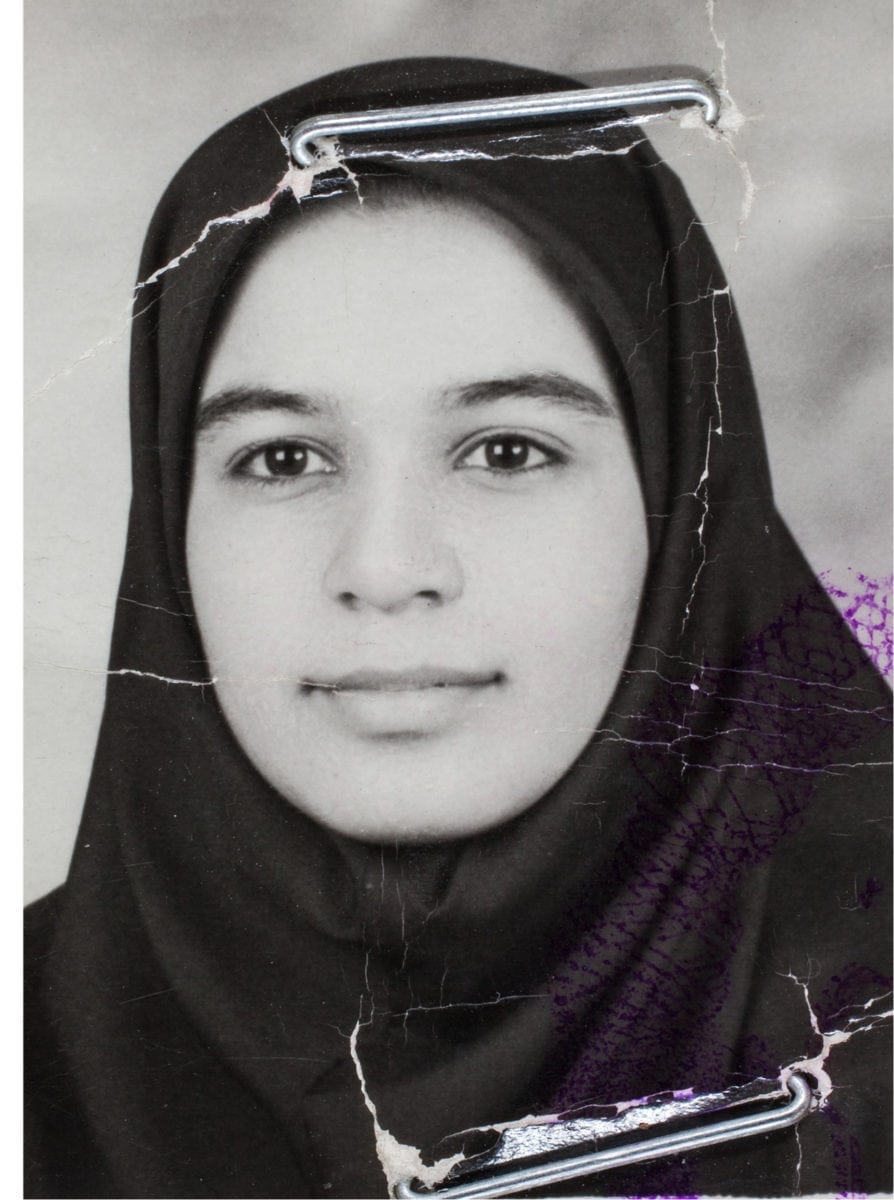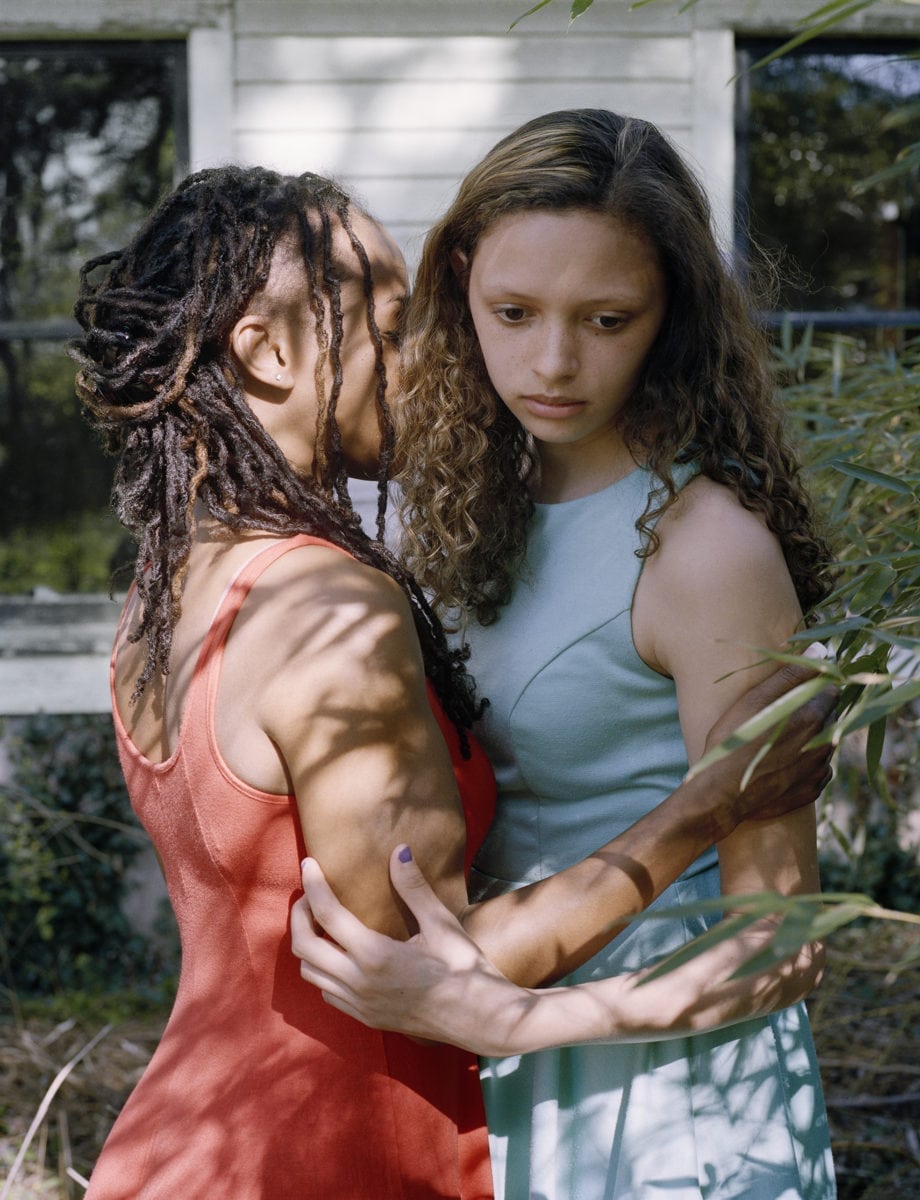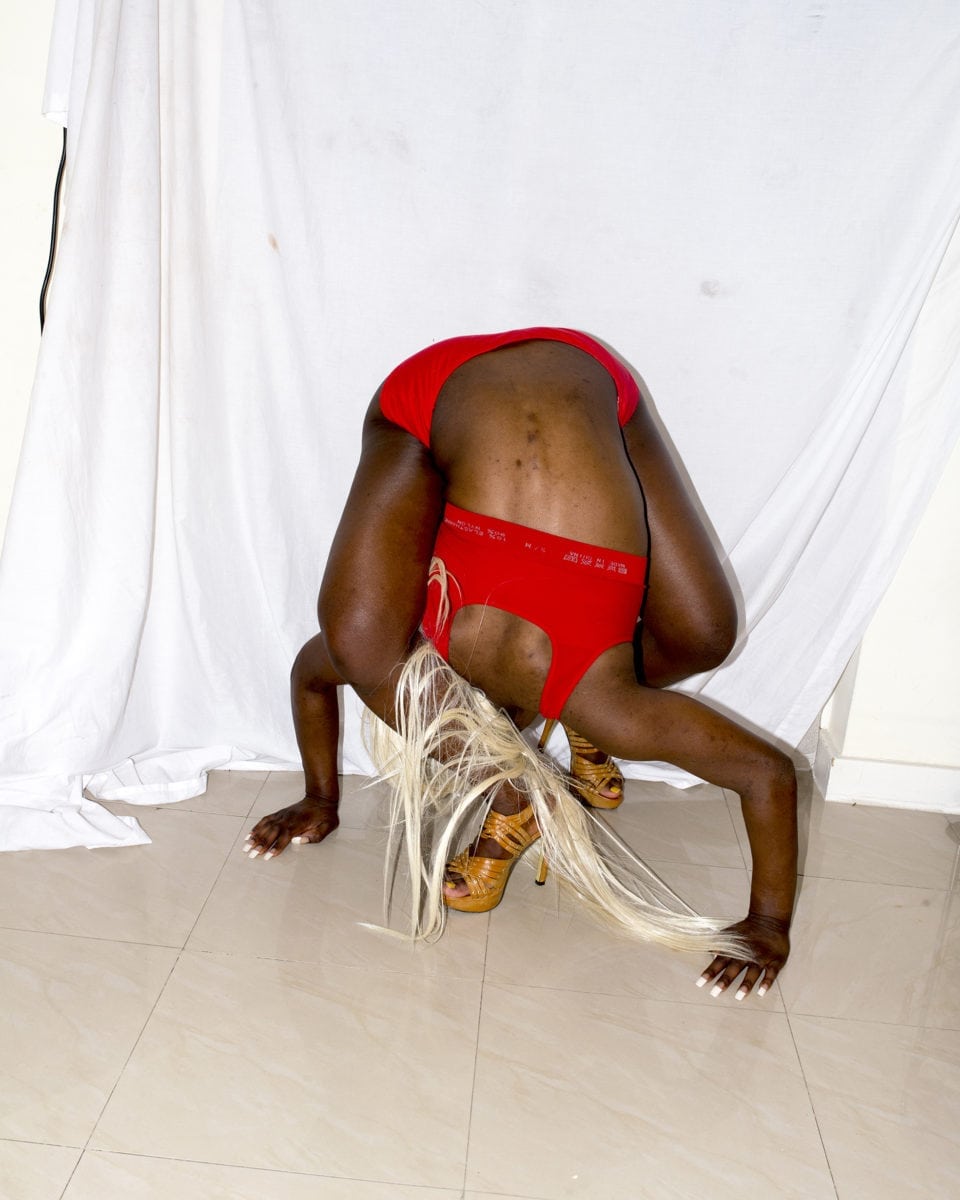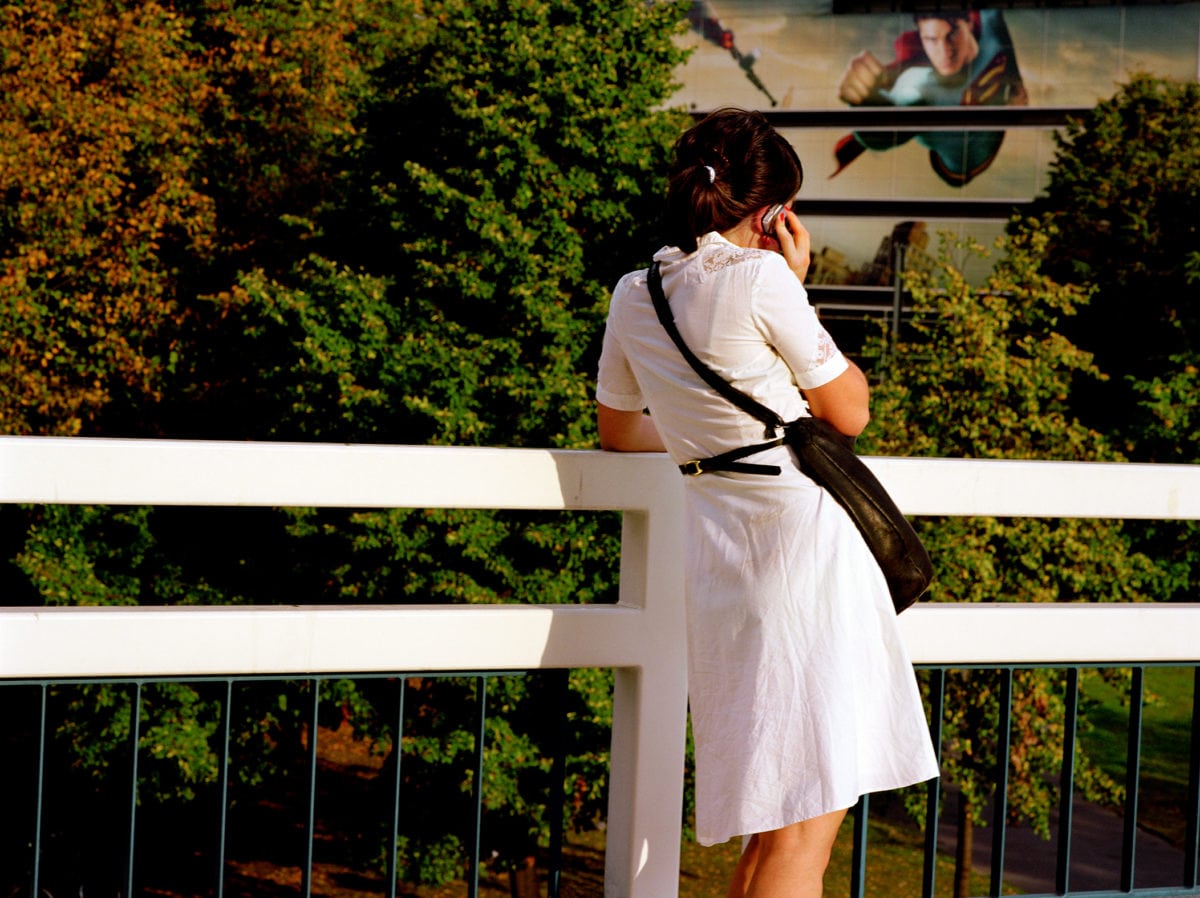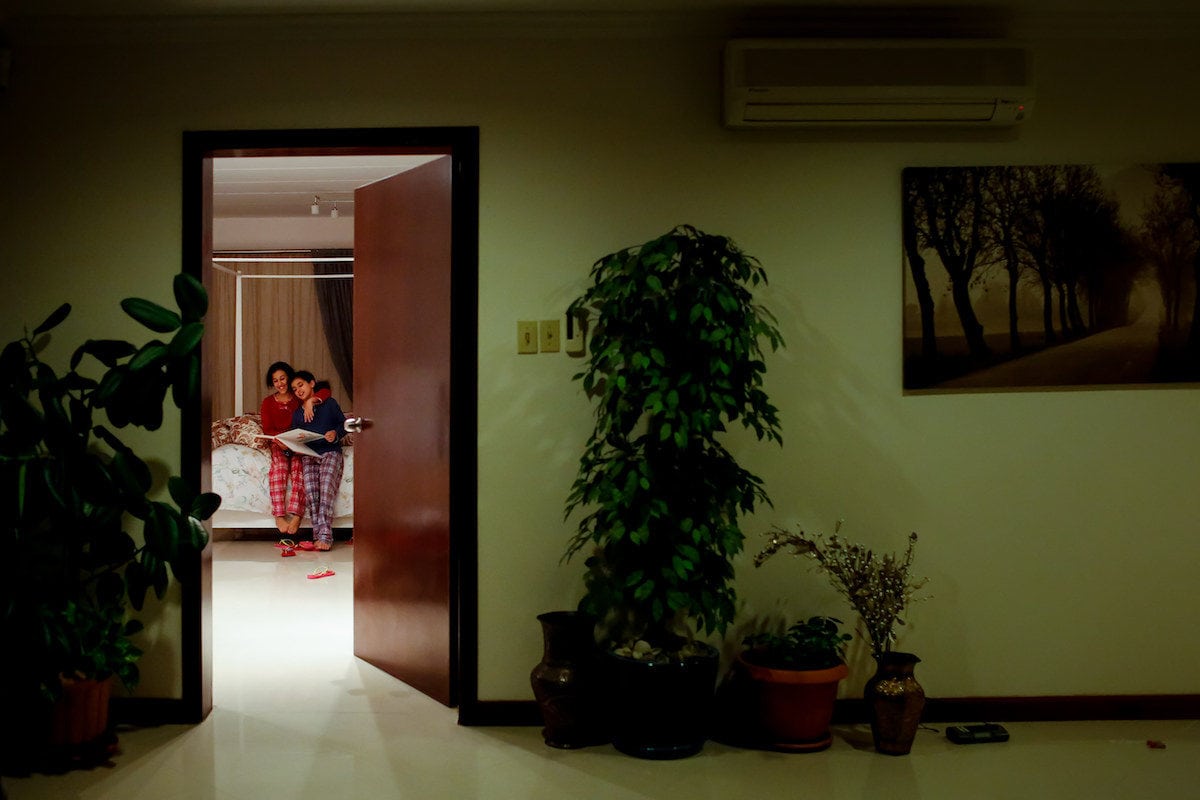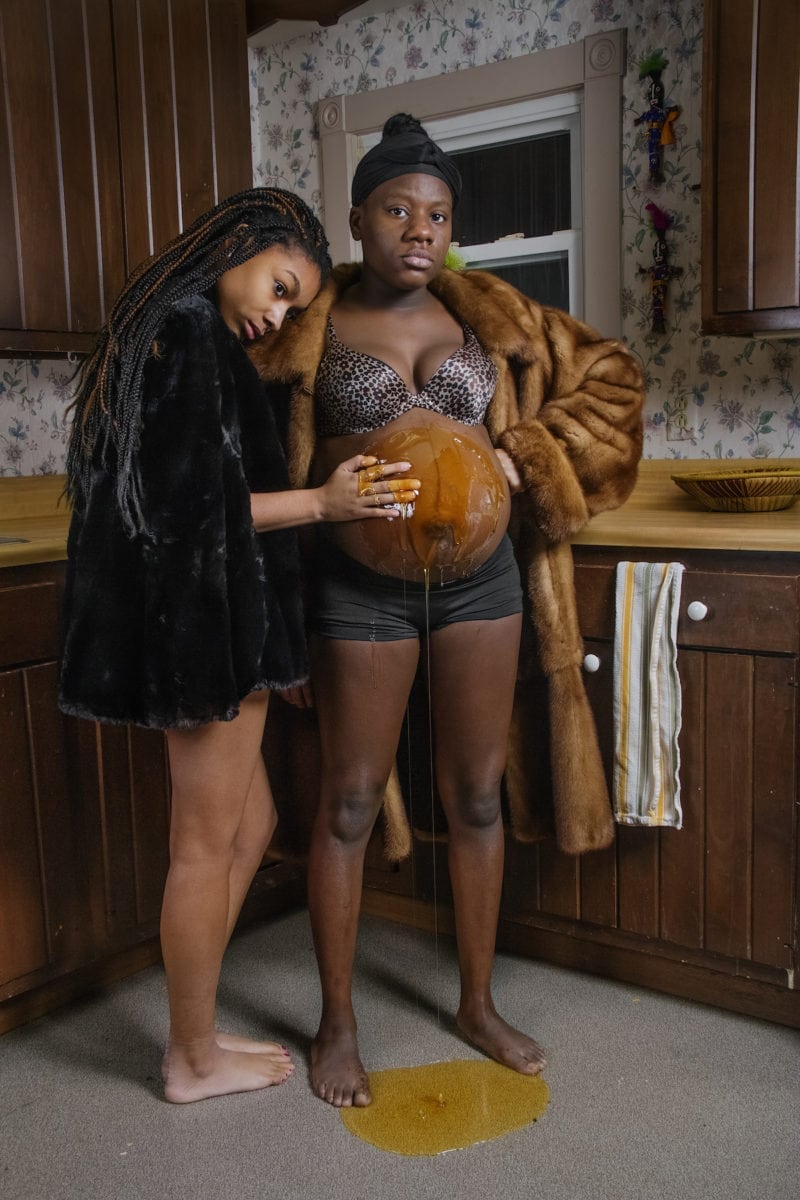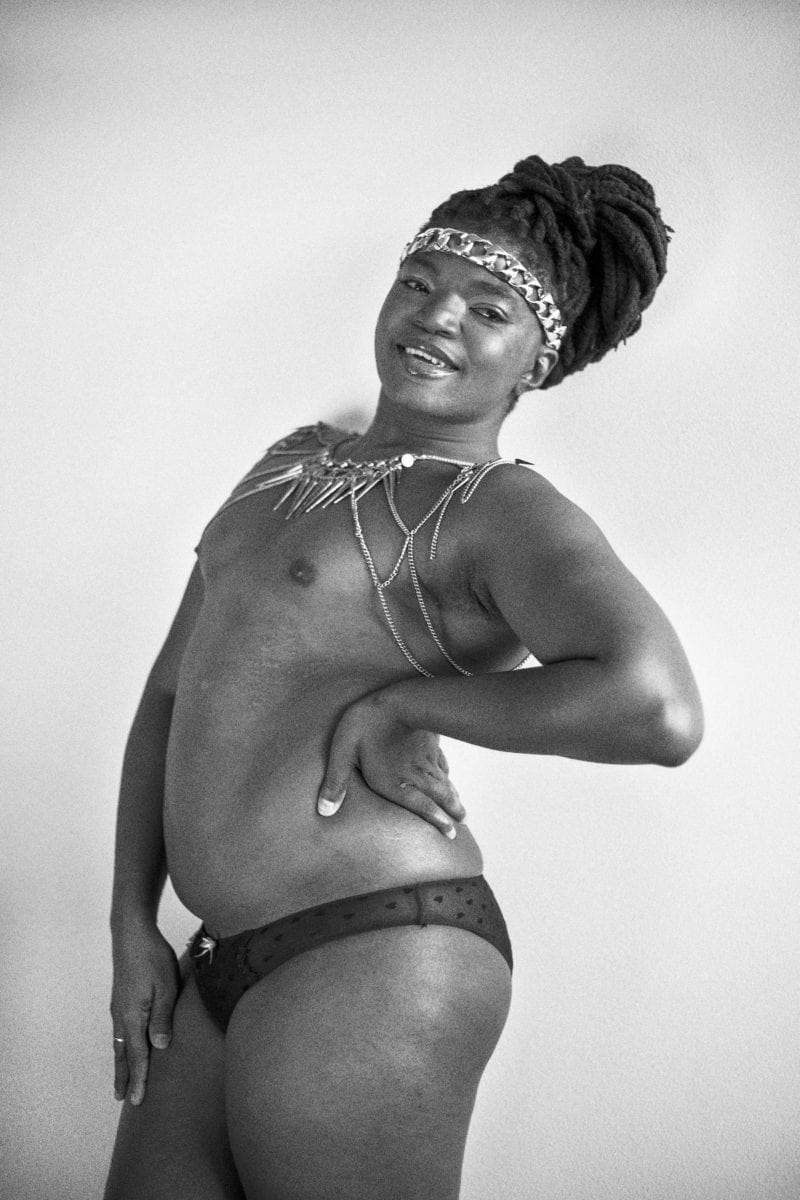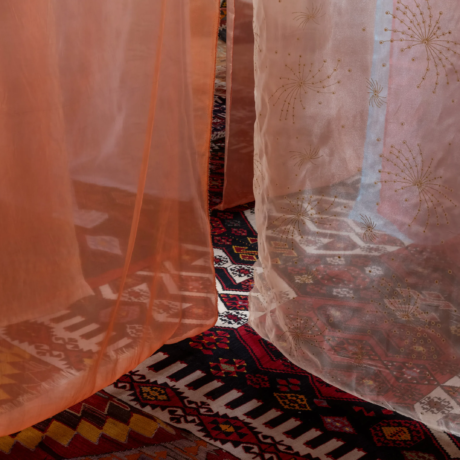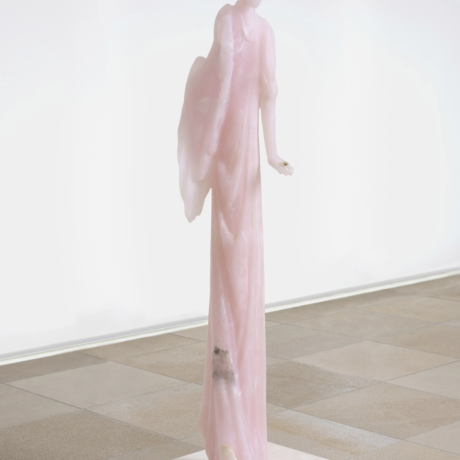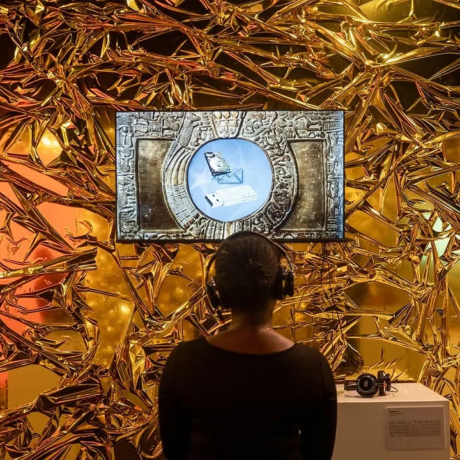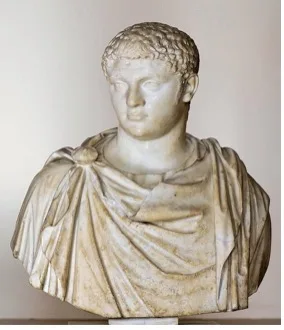Female solidarity in 2018 has been defined by the revolutionary spirit of #MeToo—a necessary stand in a world still grappling with the divisive politics of gender and sex. In Croatia in particular, the recent ratification of the Istanbul Convention was opposed by thousands who took to the streets of the capital to protest against the agreement which aims to protect women. It’s in this context that Organ Vida opens an all-female edition on 10 September in Zagreb, with the main exhibitions (including solo shows by Amalia Ulman and Laia Abril) at the Zagreb Museum of Contemporary Art. All-women doesn’t mean only women can engage with the issues and what’s at stake: these are images that articulate universal feelings of power, pain and love.
Organ Vida 2018 tells stories about the political and cultural position of women and their bodies in every continent, and there is a powerful proclivity for addressing gender issues frontally and unflinchingly, from Laia Abril’s documentary series about the dangers of unsafe abortions when women are denied the right to it (A History of Misogyny, Chapter 1: On Abortion) to Croatian artist Sandra Vitaljić’s medical-style photographs which isolate parts of women’s bodies that have been inflicted with wounds from domestic abuse. Zanele Muholi shows works from her acclaimed series which documents trans, queer and gay women in her community with reverence, with their bodies very much in the centre, unapologetic and unashamed —which is sadly not the reality for many of them when they walk away from Muholi’s camera and into reality.
